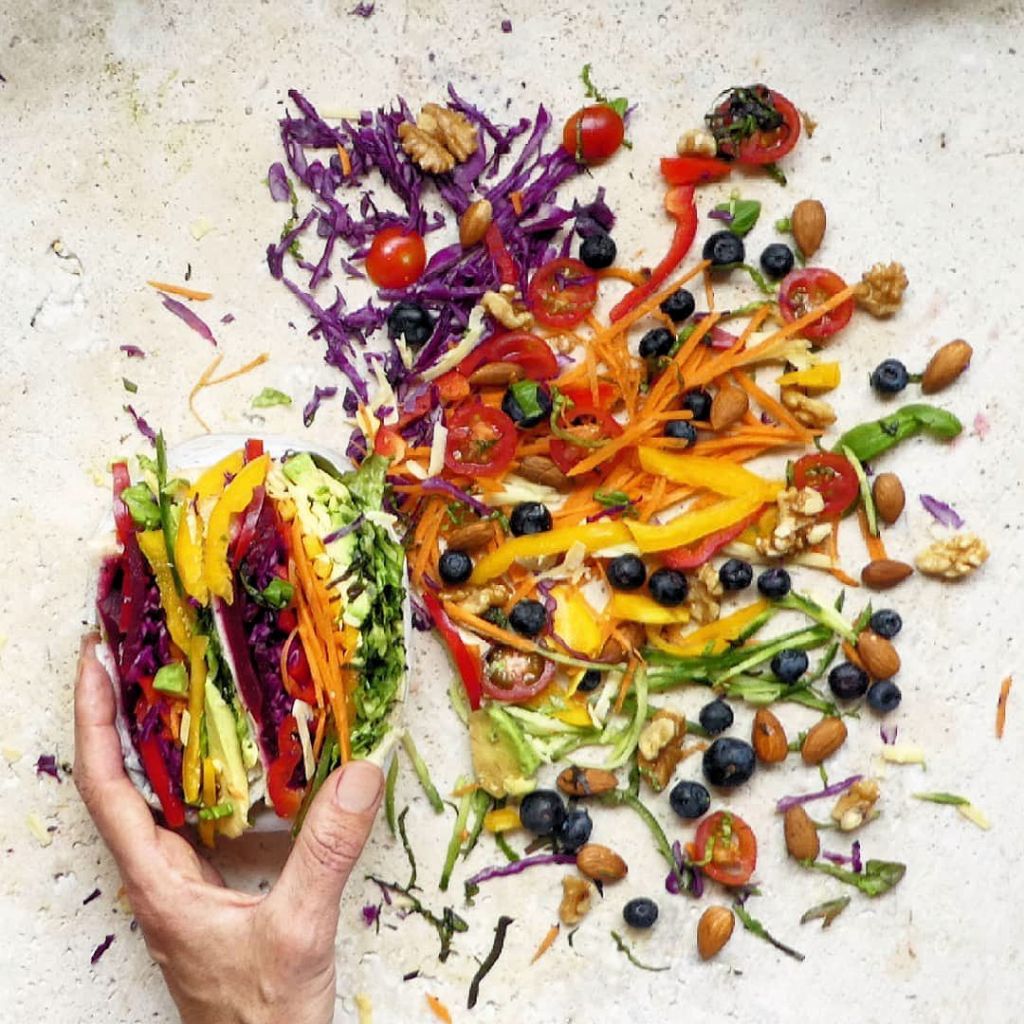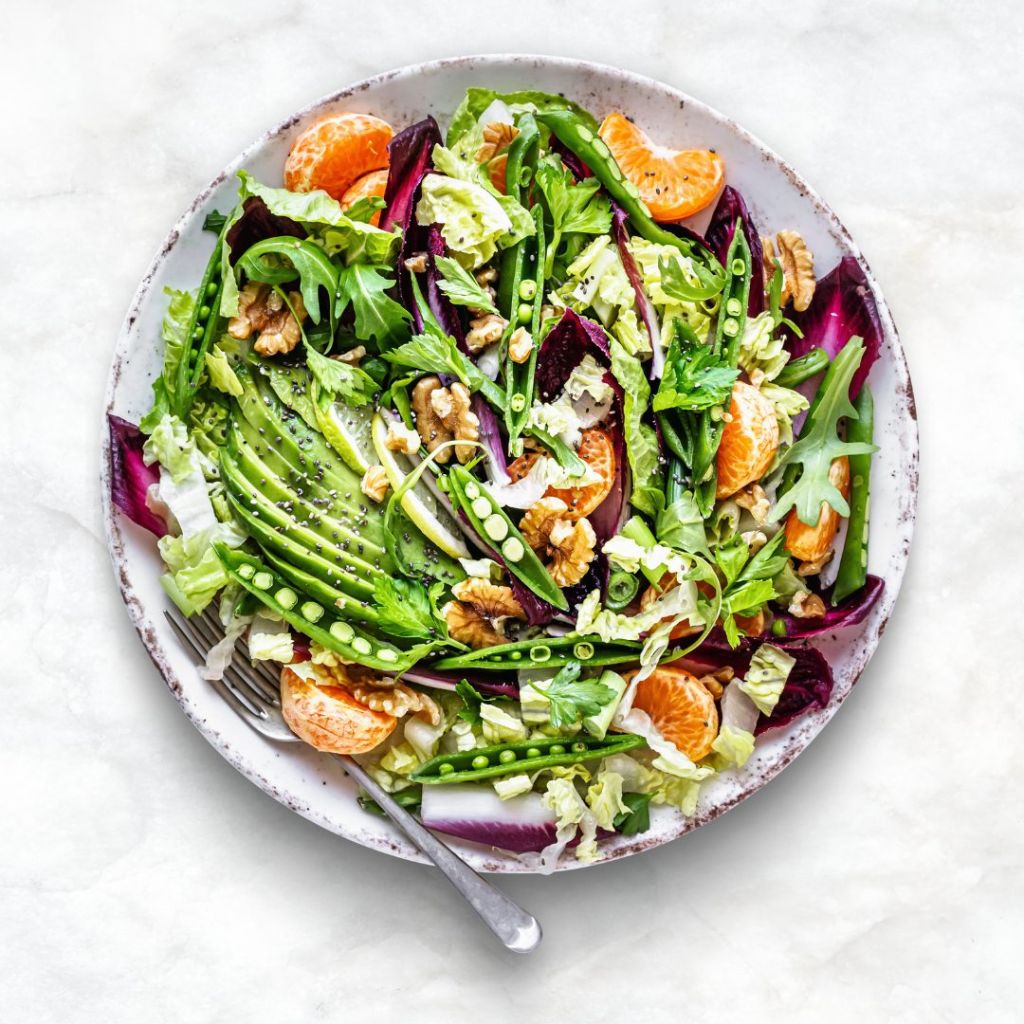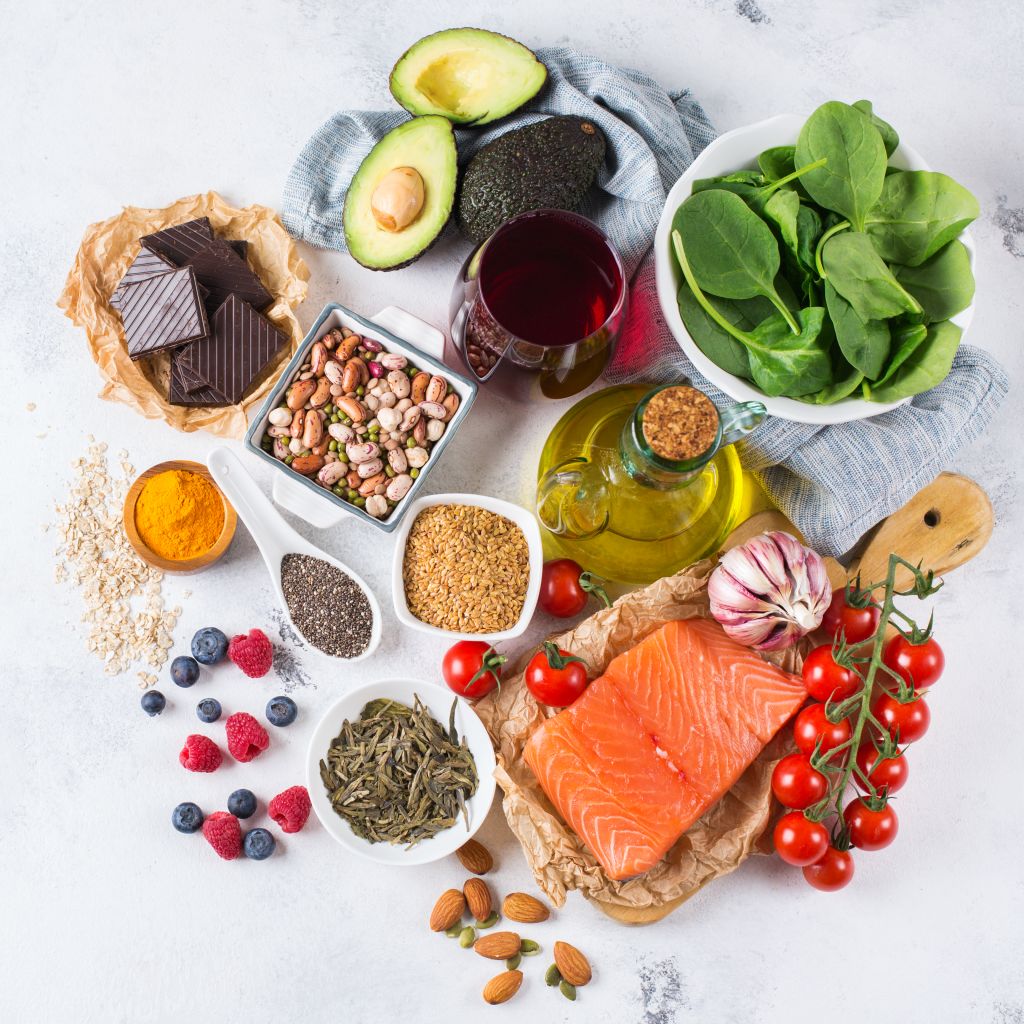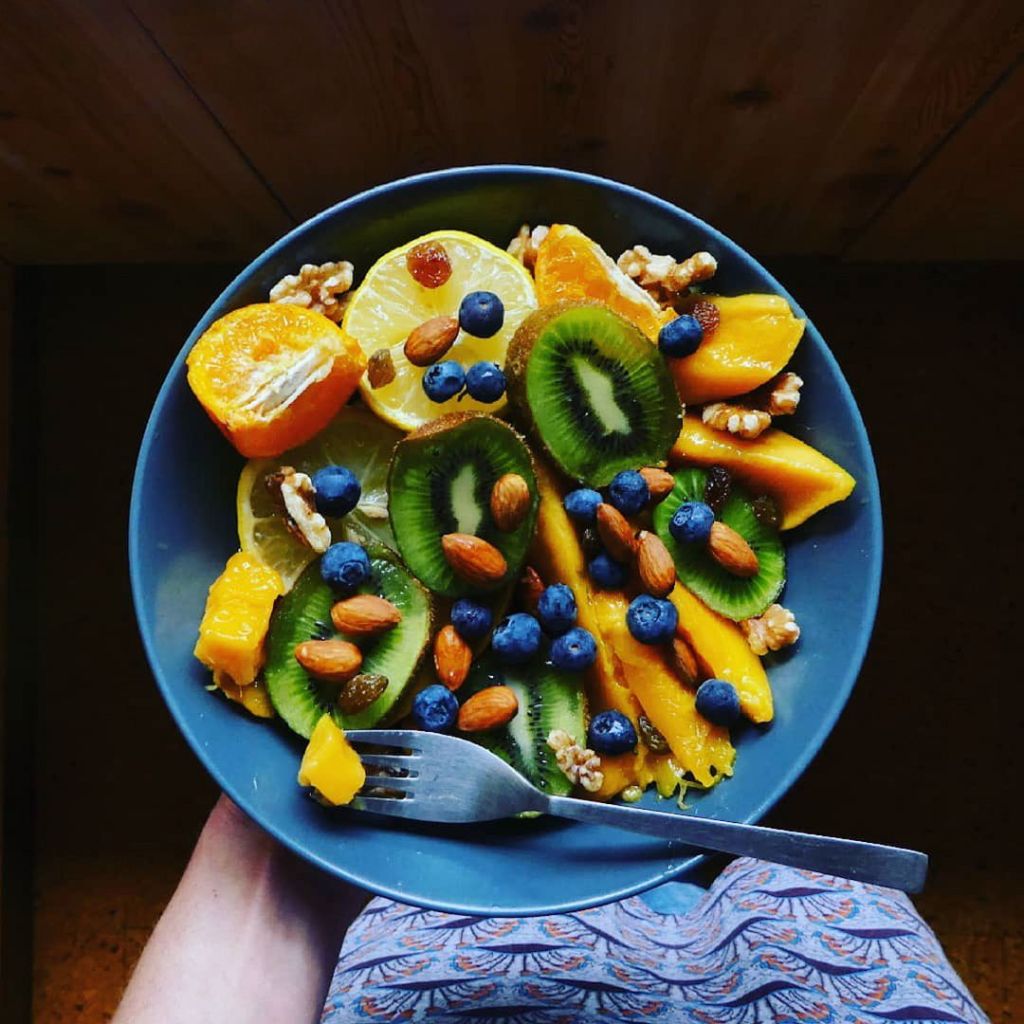Acne Diet Plan: Achieve Clear Skin Through a Targeted Diet
An acne diet plan can significantly help manage and prevent acne by addressing the underlying causes and supporting skin health. Research has shown that diet profoundly affects acne formation, especially sugar, processed carbs, and dairy. Groundbreaking studies from RMIT University and The Royal Children’s Hospital Melbourne have proven that dietary changes can reduce acne, especially when combined with treatments that support the gut microbiome.
As science has evolved, so has our understanding of how interconnected diet, gut health, and skin health are. We do not have a dietician at Pearl, so this diet information is meant as a guide only, and we cannot provide you with an acne meal plan. However, from our experience, we know that implementing dietary changes alongside an acne treatment plan developed in the clinic helps to prevent recurrence once our therapy measures have helped to settle acute acne lesions. That is to say, it settles the underlying drivers or causes of the acne.
Acne Diet Compliments your Clinic Acne Treatment Plan
Begin your journey to clearer skin with a complimentary consultation to determine your acne treatment options. Christina and Taylor, our skin therapists, will assess your skin condition, identify contributing factors, and recommend a personalised treatment plan. During this session, we’ll discuss your goals, examine your skin, and determine the most effective treatments for you.
Please book online or call 07 3350 5447 for a free consultation.
Critical Components of an Anti-Acne Diet
- Reduce Sugars and High-GI Minimiserates: Minimise refined sugars, soft drinks, and processed carbs that lead to insulin spikes and inflammation.
- Increase Plant-Based Foods: Incorporate a diverse range of fresh vegetables, fruits, legumes, whole grains, nuts, and seeds for better gut and skin health.
- Eliminate dairy: dairy triggers insulin-like growth factors, contributing to acne formation.
- Focus on Plant-Based Proteins: Reduce meat intake, especially high-leucine animal protein, which can drive acne formation through mTORC1 activation.
Foods to Avoid for Clearer Skin
- Sugary Drinks: soft drinks, fruit juices, and milk-based beverages.
- Refined Carbs: white bread, rice, pastries, and other processed carbs.
- High-Sugar Snacks: biscuits, cakes, candies, and low-quality chocolate.
- Processed Foods: Avoid foods with added sugars and preservatives.
Acne Diet: A Colourful Approach
A balanced diet filled with a wide variety of colourful fruits, vegetables, nuts, seeds, whole grains, herbs, and spices can support skin health and help manage acne. Incorporating these foods into your diet creates a nutrients-rich foundation that supports your skin from the inside out, promoting a clearer, healthier complexion.
Colourful Fruits and Vegetables:
- Berries: Strawberries, blueberries, raspberries, and blackberries are rich in antioxidants, which help reduce inflammation and protect the skin.
- Citrus Fruits: Oranges, lemons, and grapefruits are packed with vitamin C, which promotes collagen production and supports skin repair.
- Leafy Greens: Spinach, kale, and romaine lettuce provide vitamins, minerals, and antioxidants crucial for clear, healthy skin.
- Cruciferous Vegetables: Broccoli, cauliflower, and Brussels sprouts contain compounds that may reduce inflammation.
- Carrots and Sweet Potatoes: These beta-carotene-rich vegetables help protect skin from damage.
Herbs and Spices
- Ginger: Known for its anti-inflammatory properties, ginger can help soothe redness and swelling linked to acne.
- Garlic: With antimicrobial effects, garlic may help combat acne-causing bacteria.
- Turmeric: Curcumin, turmeric’s active ingredient, has potent anti-inflammatory and antioxidant properties.
Other Anti-Acne Diet Foods
- Lean Proteins: Chicken, fish, and tofu offer protein essential for skin repair and healing.
- Healthy Fats: Avocados, nuts, and seeds provide omega-3 fatty acids, which can help reduce skin inflammation.
- Whole Grains: Brown rice, quinoa, and oats supply essential nutrients that support a balanced diet and skin health.
- Water: Staying well-hydrated is essential for overall health, including skin hydration and clarity.

Eat a variety of plant-based foods: vegetables, fruits, nuts and seeds.

Include a variety of colours, green, red, yellow and orange.

Include healthy oils, salmon, nuts, avocado,nuts and seeds, as well as herbs and spices.
How Long Can You See Results from the Clear Skin Diet?
Studies show that a targeted acne diet can reduce breakouts by up to 50% within 12 weeks. By focusing on whole foods and reducing insulin-spiking carbs, you may see fewer acne flare-ups and enjoy broader health benefits over time.
Why the Acne Diet is Essential for Effective Acne Treatment
At Pearl Medispa, we emphasise the importance of diet as a core part of your acne treatment plan. Combined with our clinical treatments, such as LED light therapy, acne facials, extraction facials, chemical peels, and professional skincare advice, the acne diet provides a comprehensive approach to achieving clear skin.
How to Modify Your Diet for Acne Treatment
- Increase plant-nutrient-dense foods: Boost nutrient intake with fruits, vegetables, legumes, nuts, seeds, and whole grains.
- Avoid high-glycemic carbs: Eliminate sugars and processed carbs to stabilise insulin and IGF-1 levels.
- Replace dairy with alternatives: Switch to non-dairy options to reduce insulin spikes and inflammation.
- Add plant-based proteins to minimise mTORC1 activation.
- Fish such as Salmon to get omega 3 fatty acids
Broader Benefits of the Acne Diet
Reducing mTORC1 activity isn’t just about clear skin; it also contributes to overall health, potentially reducing the risk of obesity, type 2 diabetes, and other chronic conditions. With a predominantly plant-based, low-glycemic diet, you invest in skin health and long-term wellness.
Overactivation of the mTORC1 pathway and the Western diet.
The mTORC1 pathway activates cell growth and protein and oil production. At puberty, the mTORC1 pathways are activated to accomplish the growth spurt. However, normal mTORC1 activation does not cause acne. (As witnessed in populations who do not have a Westernised diet, acne does not occur at puberty.). It is the superimposed signalling from a Western diet that leads to acne.
Activation of the mTORC1 pathway by nutrients is relatively understood. However, emerging evidence shows the role of nutrients from the diet, the cross-talk between the gut microbiota and the mTOR pathway, and the impact on the body’s homeostasis—all of which lead to undesirable acne.
What causes the overactivation of mTORC1?
mTORC1 is activated by various food signals such as sugar, insulin, insulin-like growth factor (IGF-1), and amino acids, principally leucine. Dairy products contain sugars that stimulate IGF-1 and insulin; they are also high in leucine, providing a double bonus.
- Numerous Western diet-specific nutrient pathways, such as leucine, high meat and dairy intake, high sugar, and high glycemic load, activate the mTORC1 pathway.
- The Western diet stimulates all three significant pathways necessary for mTORC1 activation.
But wait—it does not stop at acne.
Other mTORC1-driven diseases include obesity, type 2 diabetes, cancer, and neurodegenerative diseases, so diet correction potentially prevents a range of chronic diseases later in life. In addition, increasing the consumption of plant-based foods can change mTORC1 signalling.
- Increasing nutrient-dense foods (plant-based)
- Eliminate hyperglycemic carbohydrates (sugars and high-GI carbohydrates found in processed carbohydrates and grains)
- Increase legumes and bean groups
- Eliminate insulin- and IGF-1-producing dairy
- Restrict leucine-rich meat and dairy proteins (increase plant-based proteins)
Melnik B. Dietary intervention in acne: Attenuating increased mTORC1 signalling promoted by Western diets. Dermatoendocrinol. 2012;4(1):20–32. doi:10.4161/derm.19828
(S. Fitz-Gibbon et al. J. Invest. Dermatol. 133, 2152–2160; 2013).
Comprehensive Acne Treatment Plan
At Pearl Medispa, we offer a comprehensive approach to acne treatment, combining advanced therapies, personalised skincare, and dietary guidance to help you achieve clearer, healthier skin. Our treatments reduce inflammation, unclog pores, and prevent future breakouts. Whether you’re experiencing occasional blemishes or persistent acne, our tailored solutions are designed to suit your skin type and individual needs.
Complimentary Consultation with Therapists Christina and Taylor
Begin your journey to clearer skin with a complimentary consultation. Our experienced senior therapists will assess your skin condition, identify contributing factors, and recommend a personalised treatment plan. During this session, we’ll discuss your goals, examine your skin, and determine the most effective treatments for you.
Please book online or call 07 3350 5447 for a free consultation.

